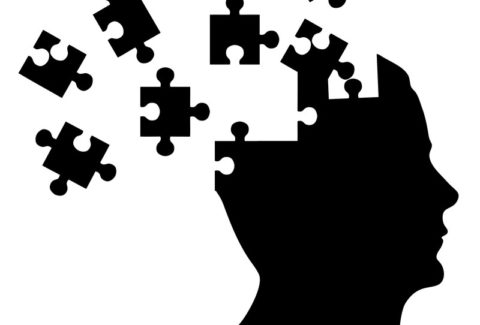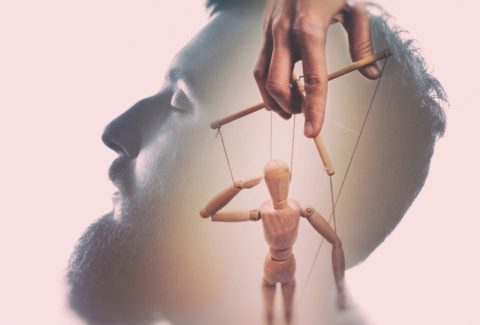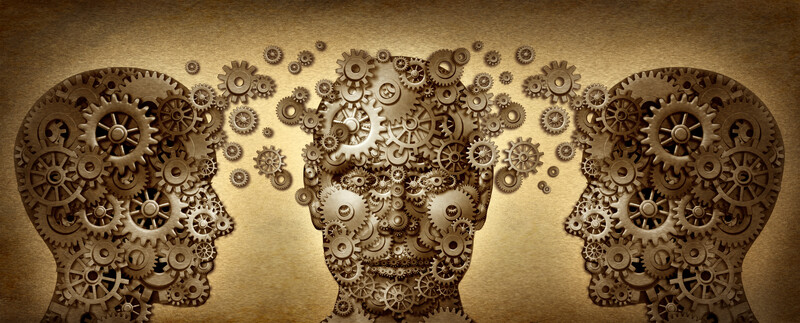Maslow’s Hierarchy of Needs and Introducing the Psychotherapy Certificate Course
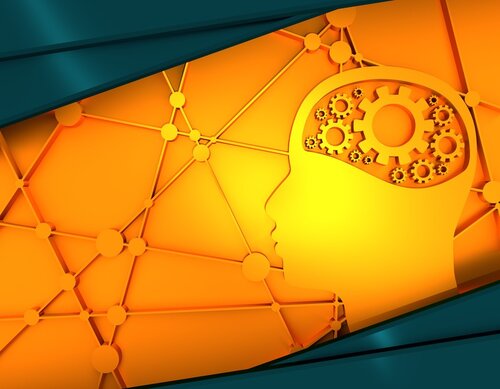
Maslow’s Hierarchy of Needs and Introducing the Psychotherapy Certificate Course
Abraham Maslow, the 10th most cited psychologist of the 20th century has gifted us with the Hierarchy of Needs. This Hierarchy, which is based on the science of motivation, helps understand the function of someone’s behavior and even at times predict what someone’s behavior is likely to be under a specific condition or circumstance, at a determined time.
First, the primary basic needs are to be met. These primary basic needs are five. They are water, food, warmth, clothing, and shelter. These five primary basic needs are collectively known as the physiological needs.
Second, safety and/or security is to be met. These are secondary basic needs. Physical safety, emotional safety, mental safety, and financial safety. We need a reasonable or a minimal sense of safety in order to navigate the world, knowing that the world as we live it may not be always 100% safe, but, having the sense that a threshold is maintained and a sense of resiliency and resourcefulness is available to cope with everyday life situations.
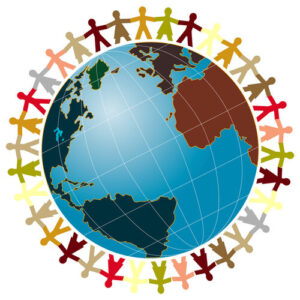 Third, Love and Belonging become important. We need to belong. Almost all of us want to belong, and many of us strive to belong. We may work on having this need met differently, but the need remains the same. After going to school, getting a job, and having money of our own, we tend to start thinking about “settling down with a family.” Love and belonging also may imply extended families, friendships, social groups and other types of relationships.
Third, Love and Belonging become important. We need to belong. Almost all of us want to belong, and many of us strive to belong. We may work on having this need met differently, but the need remains the same. After going to school, getting a job, and having money of our own, we tend to start thinking about “settling down with a family.” Love and belonging also may imply extended families, friendships, social groups and other types of relationships.
Fourth, Self-esteem or self-worth takes a different level. My basic needs are met because I have a place to stay, I get to keep myself warm, I have clothing, I eat and drink. I feel relatively safe in the world, I have a job that helps me pay my bills, to take care of my family, including having some leisure activities, and I feel I belong, at least somewhere, even if it is just through my nuclear family. Now, I think there is more to life. I can make more money; have a better job; get more years of studies; have a bigger title; and feel more important. According to Maslow, this need is also universal, though many do not get to have it met, in which case they are expected to be either living with dissatisfaction, with repression, or with longing. It also means they are not fulfilled.
Those, on the other hand, who managed to get this fourth need of self-esteem and self-worth met also arrive at a realization. They realized that having the houses, the cars, the bank accounts, the people in their life and the fame, still do not necessarily make them happy, at least not authentically happy. With this realization, many different scenarios ensue:
-
One unconsciously gets into some form of accident leading to either death or physical disability, which they then live with for the rest of their life;
-
A second group chooses, consciously or unconsciously, a more direct route, which is suicide;
-
A third group chooses a middle ground between group 1 and group 2, opting for a slower and less indirect route, by using substances, leading to either accidental overdose, or loss of their fame, money and family;
-
The fourth group does not actively destroy themselves, but they simply either stop “living,” or become recluse, or just dedicate their whole life to others, as a form of sacrifice, like there is a price to pay for their realization;
-
This group continues to look and gains the insight that none of these things (housing, money, family, fame, education) were designed to make anyone happy anyway. They have other functions for sure, but not happiness. They then reached for the next need on the hierarchy, which is self-actualization.
Group 5 realizes that physiological and safety/security are categorized as basic needs, and they serve a primary purpose for our biology. Love/Belonging; and self-esteem/self-worth are psychological needs. Yes, they serve our psychology. But are we just our biology, or just our psychology? Abraham Maslow did not think so, and that is why, these four needs are followed, in the hierarchy, by Self-actualization, to which he later on added Transcendence. These last two needs (Self-actualization and Transcendence) are known in the hierarchy as the Self-Fulfillment needs. As Maslow shows clearly enough, the biology and/or psychology may at times be a pre-requisite. But neither lead to nor meet our self-fulfillment needs.
Unless these self-fulfillment needs are met, anyone, regardless how much clothing, how many houses, how much belonging, or how much fame they have, will not know authentic happiness, authentic success, true freedom, peace, or true love. These individuals will live with a void, a space to fill, because, as Maslow put it, when defining self-actualization, “What a person can be, he or she must be.” Otherwise, suffering will ensue no matter how well they may have met the first four needs.
Our Psychotherapy Course, that is scheduled to start this coming Tuesday, September 8th, 7-9pm, is designed to help anyone meet their self-fulfillment needs, to then help their loved ones, those they work with, and their patients or clients do the same. It is also designed to help cease suffering regardless of which level of the hierarchy anyone may currently be at. It is about elevating oneself to a new way of being in the world. It is transformative.
This course is therefore open to all clinicians and coaches to learn the essence of what Maslow based his hierarchy on; the essence of what CBT and DBT are based on; the essence of where Albert Ellis and Carl Rogers derive their transformative teaching from.
Friends and colleagues, are you ready to become the transformative clinician or coach you are meant to be, and which you can be? You can teach only what you know. And you treat through your teaching, spoken or unspoken. Please join us today!
We, at the SWEET Institute, just like you, know that there is another way. This course is teaching us this other way. We thank you for accompanying us in this journey. We are very grateful. And we look forward to seeing you soon!
May you, your loved ones, and your patients and clients be fulfilled!
Karen and Mardoche

